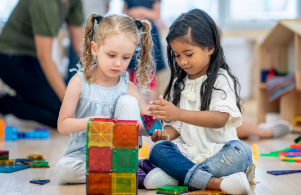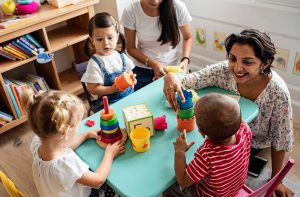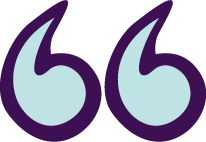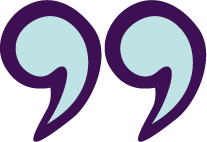Childcare and kindergarten services are open to all children, and assistance is available to support the inclusion of children with disability and additional needs. Services must not discriminate against children with disability. Children do not have to be toilet trained to go to kindergarten or child care.
Childcare centres and kindergartens support your child’s access and participation by making what are called ‘reasonable adjustments’.
What are reasonable adjustments?
A reasonable adjustment means doing something to assist a child with disability so they can participate in activities just like other children. These adjustments can be made to both the indoor and outdoor learning environment, and to excursions and other activities.
Your thoughts and suggestions are valuable because you know your child best. Think about any obstacles your child might be facing when it comes to learning and being included and share this with your child’s educators.
Once reasonable adjustments are made, it’s important to monitor them to make sure they’re still helping your child.
Examples of reasonable adjustments
Meeting access needs
- Setting up experiences that can be accessed by all children e.g. adjusting the layout of indoor and outdoor learning areas
- Providing information in large print, supported with visuals
- Providing supportive comfortable seating, including on the floor
- Having handrails up steps or ramps to rooms, toilet and play equipment
- Providing assistive or adaptive technologies
- Providing pencil grips
- Making objects steadier using suction cups, non-slip mats, and sloped boards
- Considering environmental elements such as temperature and light
- Providing specialised equipment e.g. tools to support children with motor disabilities for grasping, holding, transferring, and releasing
Tailoring the teaching approach
- Modifying activities, incursions, and excursions
- Using visual supports and social stories
- Providing opportunities for the child to share their strengths
- Having an educator or assistant help the child stay on-task and access equipment and resources
- Using multi-sensory activities for learning
Supporting self-regulation
- Quiet spaces
- Sensory aids
- Visuals for timetables, choice of activities, schedules, and routines
- Giving children a lot of warning before they need to change activities
- Supporting the wearing of headphones
- Providing movement breaks
- Promoting independence with problem solving
Supporting communication and care
- Access to communication devices at all times
- Training for teachers and support staff in how to use communication devices
- Training for staff around your child’s personal care or medical needs
- Toileting support as needed
Supporting social inclusion
- Teaching all children the social skills they need to include each other in play
- Providing supervised or structured activities at break times
Supporting positive student behaviour
- Explicitly teaching expectations, rules, and behaviour skills
- Use behaviour guidance principles which focus on children’s strengths and demonstrating respect
Useful links
Additional funding, equipment and training is available to help support children with disability:
Kindergarten Inclusion Support Program (KIS)
Inclusion Support Program – Department of Education, Australian Government
Victorian Inclusion Agency
Preschool Field Officer Program
Kindergarten Inclusion Support (KIS) program Specialised Equipment Trial (SET)
Supporting children’s behaviour in early childhood services





